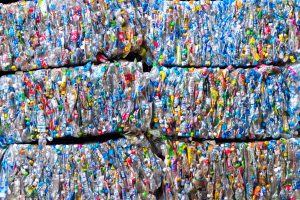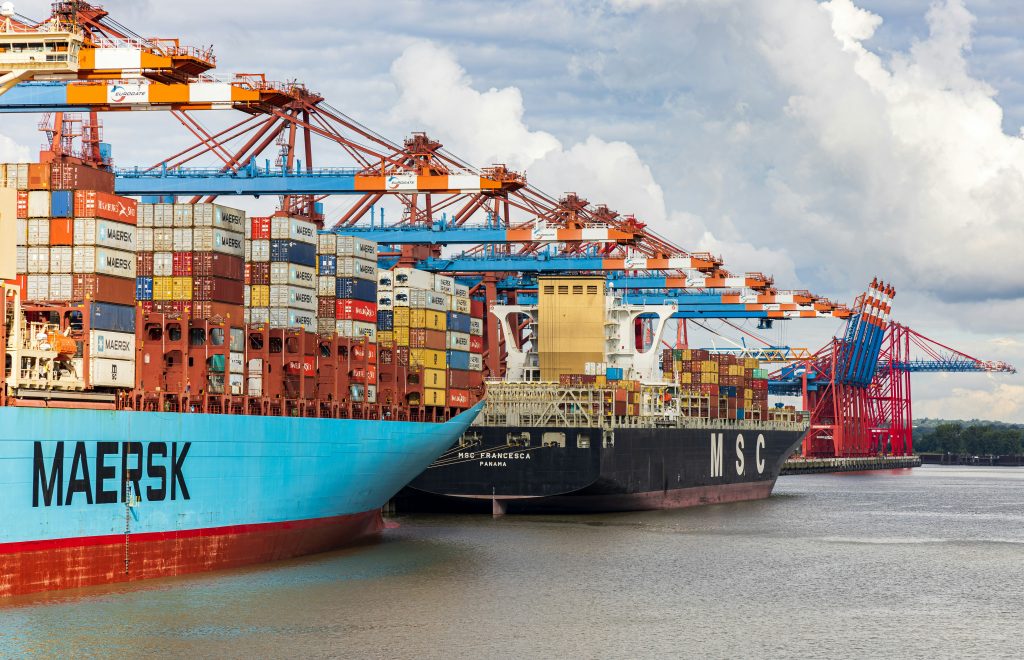Carbon Clarity In The Global Petrochemical Supply Chain
Our Reports
Deep Dives
C-THRU existed to bring greater clarity, transparency, and breadth to our understanding of emissions from the petrochemical sector. Here, in six ‘deep dives’, we showcase the work the team completed to shed light on where emissions are released throughout the life cycles of chemical products, the actions we can take to reduce them, and the knock-on effects for other processes within and beyond the industry.
Critical Review
The Critical Review set out the existing state of knowledge about emissions from the global petrochemical supply chain. The team identified six key gaps in data reporting and analysis that had to be filled if effective actions to reduce emissions were to be taken. The Critical Review then detailed the strategy for filling these data gaps and producing the most complete and transparent picture of petrochemical sector emissions to date.
Our world could not function without plastic, synthetic textiles, and their derivatives. The petrochemical sector is accountable for a third of industrial energy use and almost a fifth of global industrial CO2 emissions. Demand for chemicals is expected to double by 2050, which will place even further strain on the environment.
C-THRU was a 3-year, US$4m, international research project which aimed to deliver carbon clarity for the global petrochemical sector. The team, led by Professor Jonathan Cullen, explored options for reducing the sector’s pressure on the environment.
This ambitious goal was achieved by collating the world’s most comprehensive, reliable, and transparent account of existing and future emissions from the petrochemical sector. Such an account did not exist before the project began. This was largely because the chemical processes and supply chains involved were so complex and data reporting on emissions had not been internationally consistent or transparent.
The models underlying the account were used to explore how future interventions and innovations could minimise greenhouse gas emissions. The research supported strategic policy and business decision-making, promoting the sustainability of the petrochemical sector, and making it compatible with climate change mitigation goals.







